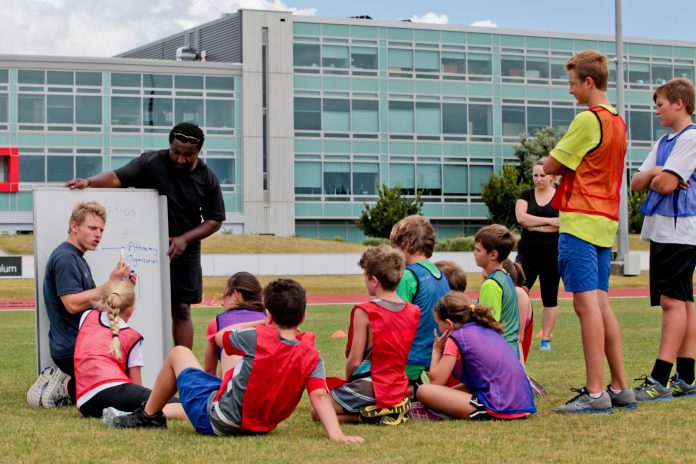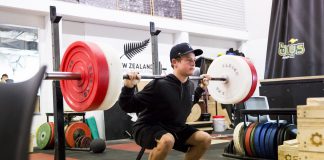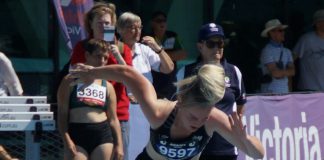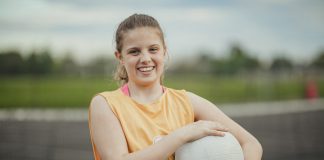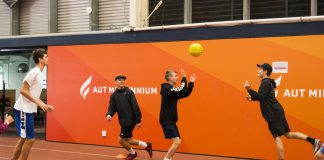-
What does the programme curriculum look like?
Sport, like anything in life, requires you to be good at a number of different things to be successful. A great sports programme understands what these are and the pathway required to improve each of them.
Great development programmes have a ‘curriculum’ of development that stretches out over the long-term (i.e. from entering the programme to exiting it at its end – in this case, when your child leaves school). Through this model improvements are much more likely to happen.
Think of it like the school classroom: if you want to be great at algebra, but you’re just starting out at maths; the series of small, incremental steps the maths curriculum provides is the most effective way of reaching your goal.
Here are the 4 key areas of development the programme should cover.
- Psychological e.g. self-awareness, mental toughness, anxiety management.
- Physical e.g. strength, flexibility, speed.
- Social e.g. planning, communication, dealing with conflict.
- Sport-specific techniques and tactics.
The way the programme is set up should answer the following questions for each area of development. Where does my child need to get? Where is my child now? How are they going to get there? How will I know my child has achieved?
-
Will it teach my child ‘how’ to learn, rather than ‘what’ to know?
The odds of making it to an elite level in sport are small. Check out some fascinating stats here. But using sport as a vehicle to develop a resourceful youngster who can successfully tackle the real world outside of sport when they leave school is very powerful. But only if the system they’ve come through allows it.
Here are TWO specific questions to ask before signing your child up.
- How will the programme teach my child how to set a goal and achieve it – regardless of whether it’s in sport or not?
- How will the programme teach my child to ask questions and then find the solutions to the ones they don’t know? Teaching a child ‘how to learn’ is a much more important in the long run than giving them all the answers to achieve a short-term outcome.
-
How will the programme teach my child to take risks, but handle failure when they don’t come off?
Michael Jordon famously quoted “I’ve failed over and over again and that is why I succeed”.
It’s true, failing is absolutely important. But it comes with a word of warning. It can be highly destructive to young people unless it’s dealt with appropriately. Every programme must develop and integrate a strong support team (i.e. coach, teacher and parent) to help young athletes deal with failure, and learn from it.

























